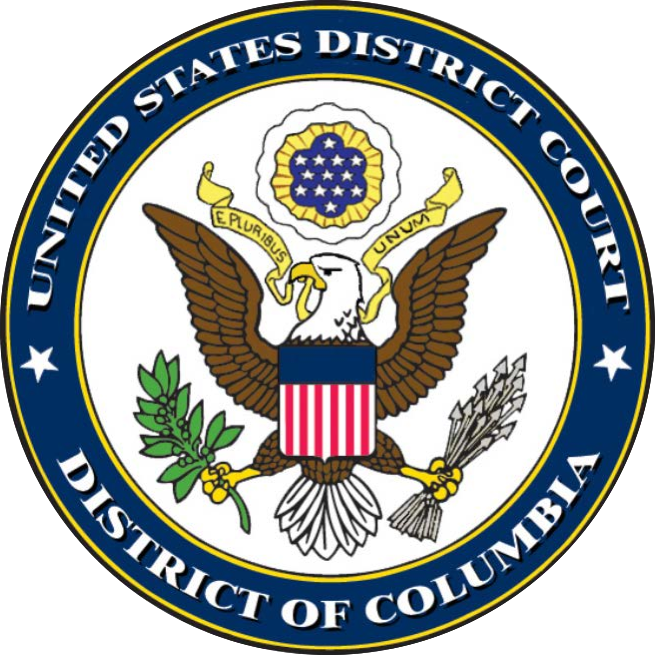Originally published on Forbes.com Mar 4th, 2014
When it comes to the IRS and 501(c)(4), most of the attention has been focused on people who would prefer that the IRS be less than enthusiastic in its enforcement of the requirement that 501(c)(4) organizations not be mainly engaged in political activities. Citizens for Responsibility and Ethics in Washington (CREW), on the other hand, is upset with the IRS for not being tougher in that area.
Roughly 20,000 accountants tasked with enforcing tax laws that collect over $2 trillion dollars being pushed and pulled to deal with an end-run around campaign financing laws. And you wonder why it got all screwed up. Well, Judge John Bates of the United States District Court for the District of Columbia just eased up the pressure from the “get tough” direction. He ruled against CREW in its lawsuit motivated by the IRS
…refusal to initiate a rulemaking procedure to address a perceived conflict between a provision of the Tax Code, 26 U.S.C. § 501(c)(4), and the IRS regulation that defines organizations entitled to a tax exemption under that provision
CREW’s dispute with the IRS is based on a one-word difference between the statute and the regulations. “Exclusively” versus “primarily”. The statute indicates that 501(c)(4) organizations should be involved “exclusively” in social welfare activities, while the regulations say “primarily”. Opposing or supporting candidates for office is not a “social welfare” activity.
In order to sue the IRS to change its regulations, CREW needed to show it had “standing”. In layman’s terms, it has to show that it has a dog in the fight. Here is what CREW’s beef is:
CREW is committed to protecting the rights of citizens to be informed about the activities of government officials, ensuring the integrity of government officials, and protecting the integrity of our political system against corruption. To advance its mission,” CREW “disseminate information to the public about public officials,with an emphasis on examining and exposing special interests that have influenced our elections and elected officials. CREW contends that its efforts to fulfill its mission are hindered when individuals and entities can keep their identities private. Because CREW does not have access to the donor information for 501(c)(4) organizations that participate in political campaigns, it must spend time and money attempting to ascertain the source of the contributions through other means that only provide an extremely small fraction of the information.
CREW’s thinking was that if the regulations were different political spending would have funneled through 527 organizations, which are required to disclose donors making it easier for CREW to show that Congressman X who says that cigarettes are really good for you is getting money from the tobacco companies, something which I’m sure we would all find shocking.
Judge Bates ruled that CREW did not have standing, because its theory was too hypothetical.
Hence, CREW’s theory of injury entails speculating not only that the affected organizations would elect to file under Section 527 but also that they would choose to reorganize themselves to qualify to file under Section 527.
And although it is possible that some 501(c)(4) organization would make those choices, that possibility, which is based upon speculation about the independent decisions of third parties not before this Court, does not create a legal entitlement to the information CREW seeks. Hence, the necessary ingredient for informational injury-in-fact is missing.
CREW, of course, is not pleased with the decision.
In light of this court ruling and the IRS’s failure to act, Americans will suffer through yet another election cycle infused with vast amounts of dark money, leaving voters at a loss to discover who is influencing their votes and why.
How Big A Deal Is This Really?
Personally, I think this is a big deal, because the controversy is screwing up tax administration. I would like to see the IRS totally out of this matter. We have a credit for historic buildings, but we don’t expect the IRS to have historians and architects to determine whether buildings are historic.
Last I looked the determination has been delegated to state historic commissions just as the allocation of the low-income housing credit is delegated to state housing agencies. The Federal Election Commission is the agency that is supposed to be enforcing transparency in political spending, let it have the job. Maybe in the meantime, the SEC could require publicly traded companies to disclose their political expenditures.
Whether transparency in political expenditures will help much is another question. When you think about it, it is kind of an ad hominem argument. It is more or less self-evident that people who will benefit from a proposal will tend to support it. That does not really say anything about whether the proposal is for the greater good.
You can follow me on twitter @peterreillycpa.































































































